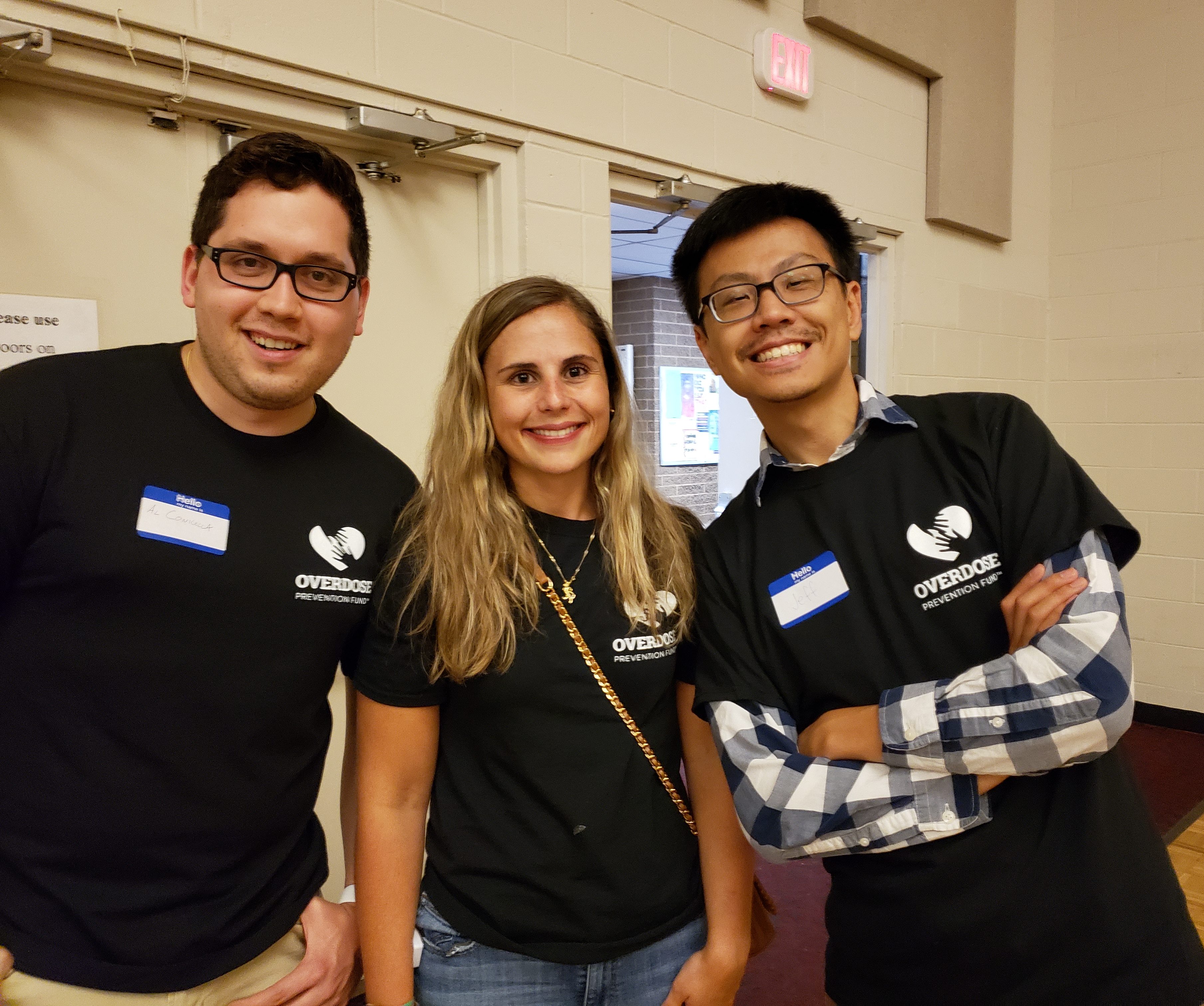Abstract
The Division of Toxicology, housed within the University of Massachusetts Department of Emergency Medicine, consists of a team of nine physician scientists and up to six toxicology fellows. Applications are accepted from June to September, and fellows are selected through the NRMP match. After completing their toxicology fellowships with us, our alumni have gone on to become leaders in both medicine and academia.
Introduction
The University of Massachusetts is home to the sole toxicology referral center serving Central Massachusetts, and we receive poisoned patients from Massachusetts, Rhode Island, Connecticut, New Hampshire, New York, and Vermont. High-volume inpatient consultation service provides bedside care to children and adults in the emergency, critical care, inpatient, and outpatient settings. Meanwhile, our outpatient clinic treats patients with environmental, occupational, agricultural, and recreational drug exposures.
Inclusion Criteria
Applicants must have completed a residency program in Emergency Medicine.
Methods
We are accepting application materials from June 1 to September 15, and conducting interviews in September and October. Fellows will be selected through the NRMP match.
We require electronic submissions of:
- A Curriculum Vitae
- Personal statement
- Three letters of recommendation
Please email your materials to Dr. Jeffrey Lai (Associate Fellowship Director) at jeffrey.lai@umassmemorial.org
Results
1. Instructional Component:
- Comprehensive mentorship in clinical toxicology, education, original research, medical writing
- Two didactic sessions per week
2. Clinical Care:
- Daily rounding with attending toxicologists on admitted patients
- Clinical emergency medicine shifts
- Consultation call for UMass Memorial Medical Center
- Massachusetts-Rhode Island poison center call
- Toxicology Clinic at UMass Memorial Medical Center
3. Clinical Scholarship:
- Medication safety
- Peer review
- Drafting of clinical policies
- Delivering didactics to residents and students
- Developing educational material for patients and lay community
4. Research:
- Fundamental research and academic writing skills
- Developing research questions
- Conducting literature reviews
- CITI and GCP training
- IRB application drafting
- Case report publication
- Chart review techniques
- Writing book chapters
- Advanced research skills
- Scientific peer review
- Original research abstract presentation
- Original research platforms and keynotes presentations
- Original research publication
- Managing collaborations
- Dissemination of research findings via social media
- Identifying extramural funding sources (foundations, NIH)
- Grant writing
4. Academic Conferences:
- New England Regional Toxicology Conferences
- Funding for two annual national toxicology meetings: NACCT, ACMT
5. Professional Development Opportunities:
- Harvard Macy course for educators (http://www.harvardmacy.org)
- ACEP teaching fellowship (https://www.acep.org/tf/)
- Tufte course for visual display of data (https://www.edwardtufte.com/tufte/)
- Institutional K-club
- SAEM grant writing course (http://www.saem.org/gww)
- Departmental seed funding and research committee
- Intramural research grants for junior investigators
Discussion
After completing fellowships with us, our alumni have gone on to become leaders in toxicology in both medicine and academia. Contact kavita.babu@umassmemorial.org for more information.
Literature Cited
To learn about the exciting research happening in the Division of Medical Toxicology, visit our Division Accomplishments page.
